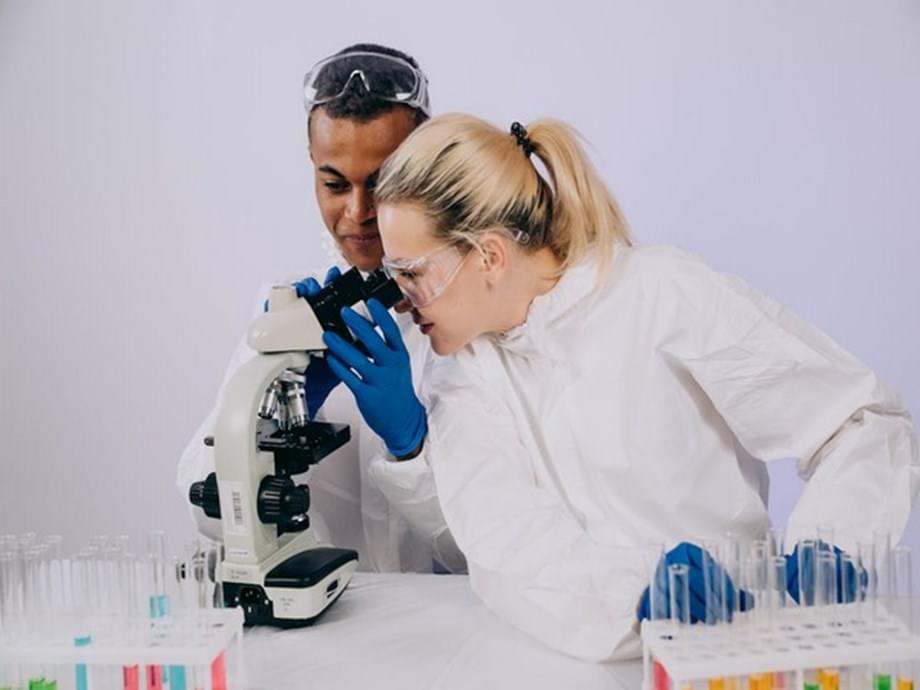Researchers revealed why cancer cells require proteins that fix copper ions in order to develop and spread throughout the human body. Possible novel treatment targets have been discovered as a result of recent research on the connections between proteins and how they bind to metals in cancer-related proteins.
Small amounts of the metal copper are required by human cells to perform essential biological functions. The conclusion drawn from studies demonstrating higher copper levels in tumor cells and blood serum from cancer patients is that cancer cells require more copper than healthy cells. Additionally, more copper-binding proteins are active when copper levels are higher. “Therefore, these proteins are highly important to study when it comes to understanding the development of cancer and deeper knowledge about them can lead to new targets for treatment of the disease,” said Pernilla Wittung-Stafshede, Professor of Chemical Biology at Chalmers University of Technology, Sweden.
Most cancer-related deaths are due to the fact that metastases — secondary tumors — form in several places in the body, for example, in the liver or lungs. A protein called Memo1 is part of the signaling systems that cancer cells use to grow and spread around the body. Previous research has shown that when the gene for Memo1 is inactivated in breast cancer cells, their ability to form metastases decreases. A research group from Chalmers wanted to take a closer look at the connection between Memo1 and copper. In a new study published in the scientific journal PNAS, the researchers examined the Memo1 protein’s ability to bind copper ions through a series of test tube experiments. They discovered that the protein binds copper, but only the reduced form of copper. It is this form of copper ions that is most common in living cells. It’s an important discovery because reduced copper, while it is needed in the body, also contributes to redox-reactions that damage — or even kill — the cells.










Comments are closed.